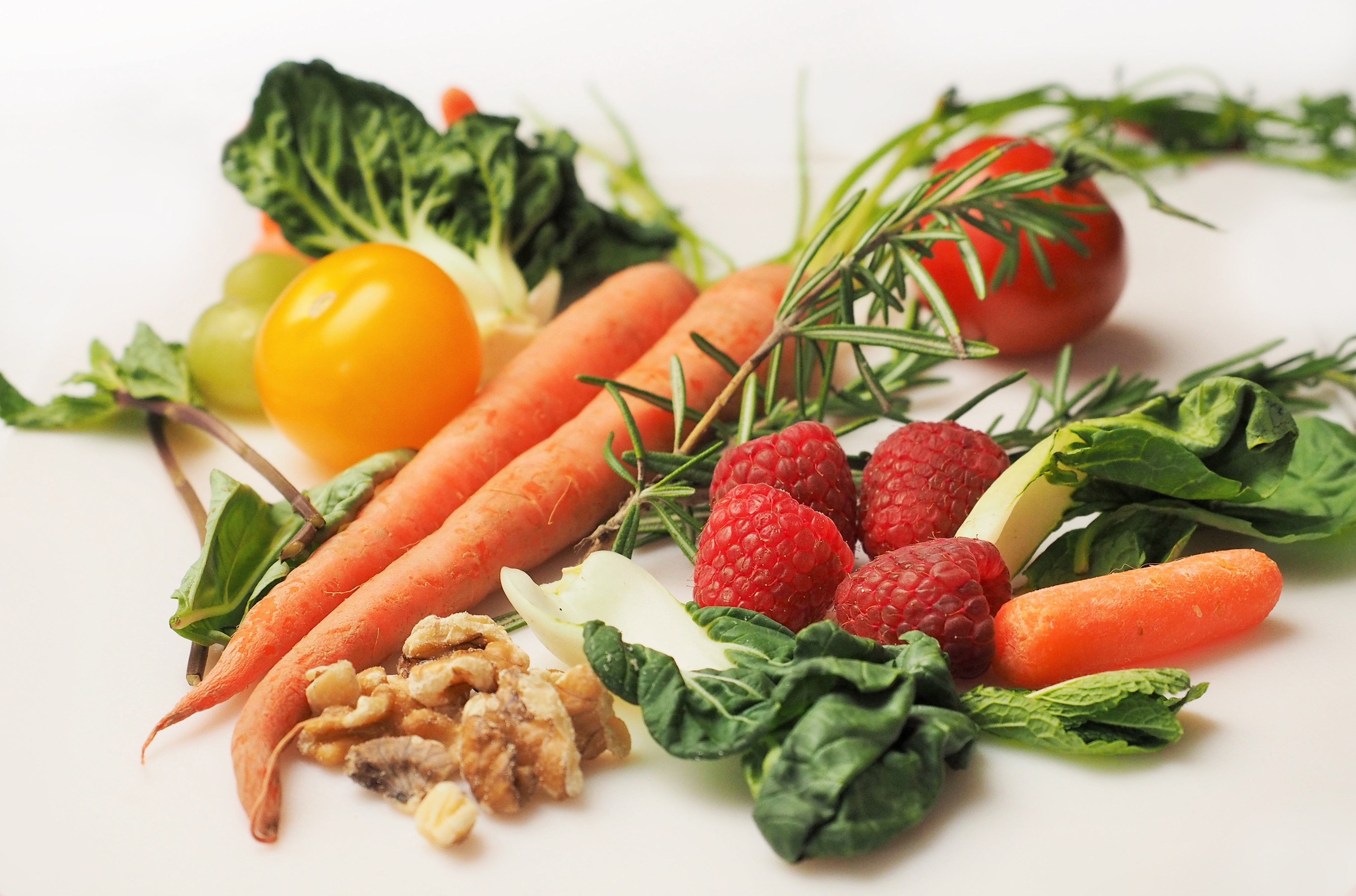 Our modern lifestyle has made us susceptible to many diseases. Processed food and lack of physical activity is taking toll on our body. Hypertension or raised blood pressure is one of them. Hypertension increases one’s risk for other heart related issues like coronary artery disease, myocardial infarction, angina pectoris, heart failure, stroke and cardiovascular (CV) events. Fortunately, these risks are decreased with blood pressure (BP) reduction.
Our modern lifestyle has made us susceptible to many diseases. Processed food and lack of physical activity is taking toll on our body. Hypertension or raised blood pressure is one of them. Hypertension increases one’s risk for other heart related issues like coronary artery disease, myocardial infarction, angina pectoris, heart failure, stroke and cardiovascular (CV) events. Fortunately, these risks are decreased with blood pressure (BP) reduction.
Type of Diet you follow and how you follow, play a prominent role in the development of hypertension.
Dietary strategies for the prevention of hypertension:





What is DASH (Dietary Approaches to Stop Hypertension)







Serving Sizes in DASH Diet
The DASH eating plan is easy to follow using common foods available in your grocery store. The plan includes daily servings from different food groups. The number of servings you should have depends on your daily calorie (energy) needs. Based on a 2,000-calorie diet.
- Whole Grains: 6–8 Servings per Day.
- Vegetables: 4–5 Servings per Day
-
Fruits: 4–5 Servings per Day
-
Dairy Products: 2–3 Servings per Day
-
Lean Chicken, Meat and Fish: 6 or Fewer Servings per Day
-
Nuts, Seeds and Legumes: 4–5 Servings per Week
-
Fats and Oils: 2–3 Servings per Day
-
Candy and Added Sugars: 5 or Fewer Servings per Week.
Benefits of DASH Diet
- Lowering blood pressure: Consumption of fruits, vegetables, dairy, and reduced or no animal products (i.e., vegetarian diet) is associated with lower BP. Fiber and protein intake is also associated with lower BP. Intake of several minerals, such as magnesium, potassium, and calcium, has an inverse relationship with BP.
- Lower cholesterol levels
- Weight Loss:Weight loss comes with a calorie deficit, nutrient dense and fibre rich diet in DASH diet. For overweight or obese persons with above-normal BP, the addition of exercise and weight loss to the DASH diet resulted in even larger BP reductions,
- Healthy eating habits: DASH diet is a well-balanced diet. Even if blood pressure levels are normal and healthy, the DASH diet is worth embracing. Reducing processed fats and sweets with rising amounts of fruits, veggies, and low-fat dairy products can ultimately provide the body with abundant nutrients.
-
Decreases cancer risk: People following the DASH diet had a lower risk of some cancers, including colorectal and breast cancer
-
Lowers metabolic syndrome risk: DASH diet reduces your risk of developing metabolic syndrome by up to 81%
-
Lowers diabetes risk: Following the DASH diet has been linked to a lower risk of developing type 2 diabetes. DASH diet have also shown to improve insulin resistance.
-
Decreases heart disease risk: One recent review showed that in women, following a DASH-like diet was associated with a 20% lower risk of heart disease and a 29% lower risk of stroke.
Referring links 1.https://www.ncbi.nlm.nih.gov/pmc/articles/PMC3633078/
2.https://www.ncbi.nlm.nih.gov/pmc/articles/PMC4377837/
3.https://www.ncbi.nlm.nih.gov/m/pubmed/14525682/
4.https://www.ncbi.nlm.nih.gov/m/pubmed/14525682/




